Warning Signs of Brain Injuries and Pediatric Medicine

Major brain injuries due to complications at birth are an all too common cause of death and disabilities in young children and infants. Some of the causes of these brain injuries include a loss or depletion of oxygen while the baby is being born, and the pressure of forceps used to extract the baby from the womb during an especially complicated delivery. In addition to knowing the causes of brain injuries in children and infants, it’s equally important to recognize the signs that your child might suffer from brain injuries. If so, you could have a pediatric malpractice case on your hands.
Indications of Brain Injury in Infants
Minutes after an infant is born tests are performed to gauge her or his general health. These examinations may reveal signs that the child’s brain is injured, signs that often include:
- Problems focusing the eyes
- An unnaturally large forehead
- Being “floppy” right after birth
- Convulsive attacks
- Rigidness in the neck
- Misshapen facial features
Besides those mentioned above, children stricken with brain injuries may also display specific personality traits, which can consist of:
- Issues with eating
- Problems falling asleep while lying down
- Abnormal crying bouts
- Excessive fussiness with no discernible cause
One thing we’d like to note here is that these symptoms may not show or develop in a child even if she or he has a brain injury. With that in mind, know that these signs are among the most common.
Problems in the Child’s Natural Development
If a child doesn’t display the above symptoms of brain injury soon after being born, there may be indications as the infant starts to develop. These developmental delays are divided between physical, cognitive, behavioral and perceptual.
Examples of physical signs of developmental delays attributed to brain injury can include:
- Extreme tiredness
- Paralysis
- Tremors
- Sensitivity to light
- Sleeping disorders
Additionally, a child may fail to reach, or be delayed in reaching, common developmental milestones such as:
- Hopping
- Running
- Skipping
- Crawling
- Sitting up, pulling themselves up, and getting dressed without help
- Maintaining a grip on objects
Cognitive symptoms tied to developments issues in children with brain damage can include problems with:
- Communication
- Focusing
- Impulse control
- Processing sensory information and language
As for behavioral symptoms, a child could later show signs of having:
- A learning disability
- ADHD or ADD
- Autism
- Asperger’s Syndrome
And finally, perceptual indications of developmental delays in children can consist of:
- Extreme sensitivity to pain
- Spatial confusion
- Altered hearing and/or vision
Accurately Diagnosing Infant Brain Injuries
In addition to the above symptoms, CT head scans and MRI scans are also commonly used to accurately diagnose brain injuries in infants. Specifically, head scans let doctors know whether the brain damage was caused by a fracture in the skull or a brain hemorrhage.
Treatment and Prognosis for Brain Damage in Infants
The degree of harm done to the brain is a prime determining factor for gauging the prognosis for infants with brain injuries. Medical procedures can successfully treat some forms of injuries with a minimum of complications, but parents should be aware that there’s still a chance that various disabilities and developmental problems can persist after the surgery.
In regards to how infant brain damage is treated, the plan is designed according to the symptoms and the results of head scans. Treatment methods currently used today include:
- Rehabilitation
- Surgery
- Using a mechanical ventilation system as a form of acute treatment to ease inflammation around the brain
- Bringing down the infant’s body temperature through therapeutic cooling
- Occupational and physical therapy
- Pharmaceuticals
If your child displays any of the above warning signs of brain damage, we recommend that you seek out the professional help of a pediatric malpractice attorney such as those at McGehee ☆ Chang, Landgraf, Feiler. Receiving trusted legal counsel is the first step in protecting your legal rights. Call us today at 713-864-4000.
